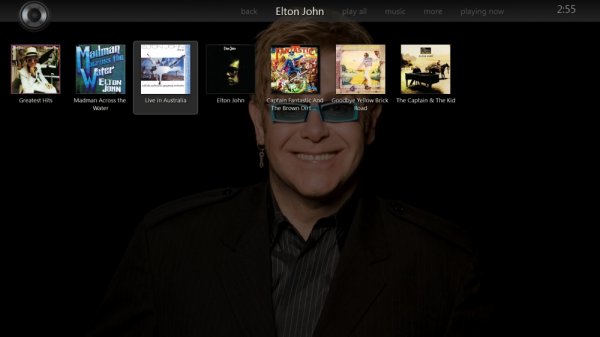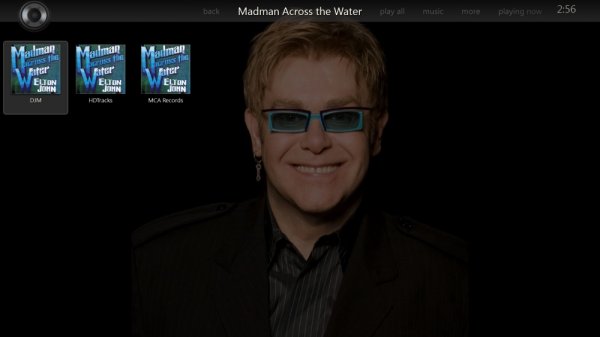I have 3 copies of Elton John's Madman Across the Water: DJM, HD Tracks, and MCA Records. They all differ in DR values, but not as much in Loudness Range measured according to EBU ITU-R BS.1770-2 international standard for measuring audio loudness (also known as R128).
Here are the specifications for TT Dynamic Range Meter: TT Dynamic Range Specifications
Here are the specifications for Loudness Range (R128): Loudness Range: A measure to supplement loudness normalisation in accordance with EBU R 128
JRiver Media Center V19 provides the data for both specifications when doing an audio analysis on your library.
I use use a view to show me albums for an artist and then can drill down to the album level to see the different labels/versions:


Here is how the 3 albums compare:

You can see that even though the HD Tracks has lower DR values, its loudness range is comparable (listed by JRiver as Dynamic Range (R128).
Here are the specifications for TT Dynamic Range Meter: TT Dynamic Range Specifications
Here are the specifications for Loudness Range (R128): Loudness Range: A measure to supplement loudness normalisation in accordance with EBU R 128
JRiver Media Center V19 provides the data for both specifications when doing an audio analysis on your library.
I use use a view to show me albums for an artist and then can drill down to the album level to see the different labels/versions:


Here is how the 3 albums compare:

You can see that even though the HD Tracks has lower DR values, its loudness range is comparable (listed by JRiver as Dynamic Range (R128).
















